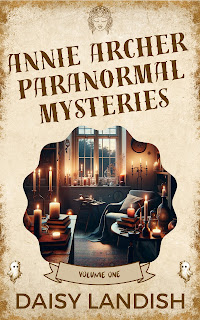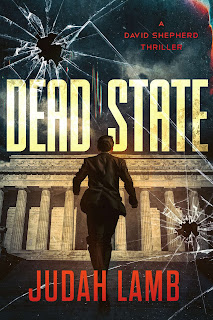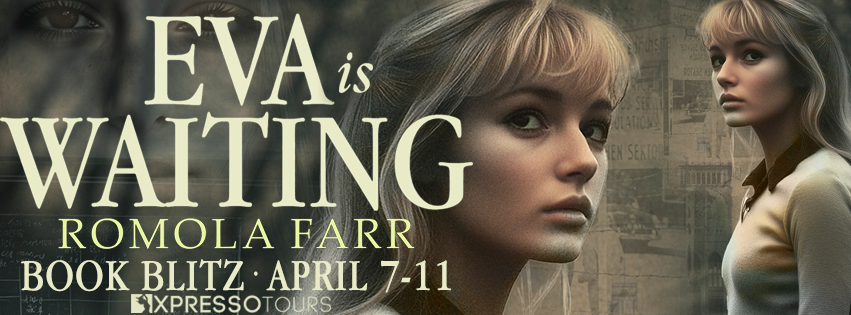Sherlock Holmes and the Remaining Improbable
by Susanne M. Dutton
GENRE: Mystery
BLURB:
The game is not afoot. The Better-Every-Day world of 1895 is gone, even hard to recall as WWI ends. From his rural cottage, Holmes no longer provokes Scotland Yard’s envy or his landlady’s impatience, but neither is he content with the study of bees. August 1920 finds him filling out entry papers at a nearly defunct psychiatric clinic on the Normandy coast. England’s new Dangerous Drugs Act declares his cocaine use illegal and he aims to quit entirely. Confronted by a question as to his “treatment goal,” Holmes hesitates, aware that his real goal far exceeds the capacity of any clinic. His scribbled response, “no more solutions, but one true resolution,” seems more a vow than a goal to his psychiatrist, Pierre Joubert. The doctor is right. Like a tiny explosion unaccountably shifting a far-reaching landscape, the simple words churn desperate action and interlocking mystery into the lives of Holmes’ friends and enemies both.
Excerpt:
Joubert speaks to Holmes:
Joubert spoke eagerly. “You have managed a disguise?”
“Yes. Simple, but effective. I am half naked and barefoot. I have torn away one leg of my trousers entirely and, otherwise, kept my vest. The cinders work well to dirty my hands, arms, legs, and feet. A rag, held in place by a piece of the fishing net, serves as a kind of veil. Do not doubt it! Nakedness is one of the finest of disguises. Men see through a change of dress long before they see through a lack of it.”
I couldn’t help a burst of laughter, but when Joubert glared at me, I nodded my acquiescence. His attention reverted to Holmes.
“I hunch forward,” my colleague explained, “and affect an exaggerated limp, dragging my right leg . . . Moving to the edge of the crowd . . . I follow a man who has lost both legs from the knee down. He pushes himself along in a flat, small-wheeled cart, jeering as heartily as the rest . . . He wears a military jacket—split up the sides and faded, held to his chest with what might be a gentleman’s stocking. Across his thighs is draped a flag of the republic, doubtless torn from its place outside one of the big city houses . . . but I pass easily in his wake, for I am bizarre, but not so remarkable as he. The mob grows, and yet we two seem to be able to move through it, into the center. Everyone fears our filth, our stench—and the disease they presume. . . A boy with a drum joins the crowd. . . Then the same chant.
Interview with Susanne M. Dutton
Any weird things you do when you’re alone?
I am a compulsive list maker and I suppose I can do it anytime, but I’m usually alone so I can enjoy it all the more. I’m up for lists of chores, or groceries, or walks I want to take, how many more vegetable servings to have today (4), and places I want to explore, even if they’re in my own city of Philadelphia. The weird part is that I even put already completed items on the list, so I can check them off. I find checking things off lists is super satisfying. I’m not joking…well, maybe a little.
What is your favorite quote and why?
My favorite quote ought to be something I say often, I suppose. I do not claim to be holy, but my favorite is a short phrase from a pray. I use the phrase to keep myself honest, sane, and nice to be around. It’s “Forgive us our trespasses as we forgive those who trespass against us.”
Who is your favorite author and why?
I’ve had many favorite authors, as we all do. My current favorite authors are T. R. Pearson and Anthony Trollope. Pearson is contemporary and Trollope lived 1815-1882. Their plots are master plots, never repetitive, always conveying something meaningful about being human, no matter when or where the story is set. Humor lurks in someway in many of their characters and though the characters might not get it, the reader does. Both writers are language geniuses though in different ways. Trollope can sink you deeper into a situation and it’s meaning for the characters than anyone I’ve read. T. R. Pearson just has a way of writing sentences that makes me smile. They are elegant and also droll, an amazing combination. He loves his characters and he loves language. His books take me to a place I want to revisit.
What, in your opinion, are the most important elements of good writing?
I like good sentences, long and short, that take advantage of a wide vocabulary bolstered by active verbs, and arranged in ways that contribute to the feel of the story. In fiction and nonfiction, good sentences and their arrangement make an immense difference in the way a reader digests a story. The more you read of a diverse array of good writing, the more easily you write it. It’s like learning a language by living amongst people who speak it.
Where did you get the idea for this book?
A collection of French paintings in one of our city art museums ambushed me with an idea. I walked in familiar with Sherlock Holmes and the whole myth that’s sprouted from his high bald forehead so I was venerable, but I had no notions of writing any such book. I’ll spoil things for you if I say too much. I’ll say only that, as Holmes believed, “Art in the blood shows itself in the strangest of ways.”
AUTHOR Bio and Links:
Susanne Dutton is the one who hid during high school gym, produced an alternative newspaper and exchanged notes in Tolkien’s Elfish language with her few friends. While earning her B.A. in English, she drove a shabby Ford Falcon with a changing array of homemade bumper strips: Art for Art’s Sake, Forgive Us Our Trespasses, Free Bosie from the Scorn of History. Later, her interests in myth and depth psychology led to graduate and postgraduate degrees in counseling.
Nowadays, having outlived her mortgage and her professional counseling life, she aims herself at her desk most days; where she tangles with whatever story she can’t get out of her head. Those stories tend to seat readers within pinching distance of her characters, who, like most of us, slide at times from real life to fantasy and back. A man with Alzheimer’s sets out alone for his childhood home. A girl realizes she’s happier throwing away her meals than eating them. A woman burgles her neighbors in order to stay in the neighborhood.
Born in Des Moines, Iowa, Susanne grew up in the SF Bay Area, has two grown children, and lives with her husband in an old Philadelphia house, built of the stones dug from the ground where it sits.
Buy Link:
































































































7 comments:
Thanks for hosting!
I echo Goddess Fish. Thanks for hosting on my blog tour. I look forward to chatting with readers. Susanne Dutton
I love the cover and think the book sounds good.
Hi Sherry. When Propertius asked me for cover ideas, I looked at hundred of antique clocks online. I was searching for a gilded gold and blue French clock from the 18th Century. I'm so glad they found one that is not simply a photo, but is a bit unreal looking.
Hello Victoria. Thank you! If you are a Holmes follower, you will like it. Susanne Dutton, author
This story sounds very interesting.
Hello Kim. Thank you. The story was fun to write, although it did involve research into Holmes' childhood era into the 1920's and also late 18th C France, when, according to the Holmes "myth, his ancestors were a part of the artistic Vernet family of Paris. A story is always somewhat of a surprise, even to the writer. Susanne
Post a Comment